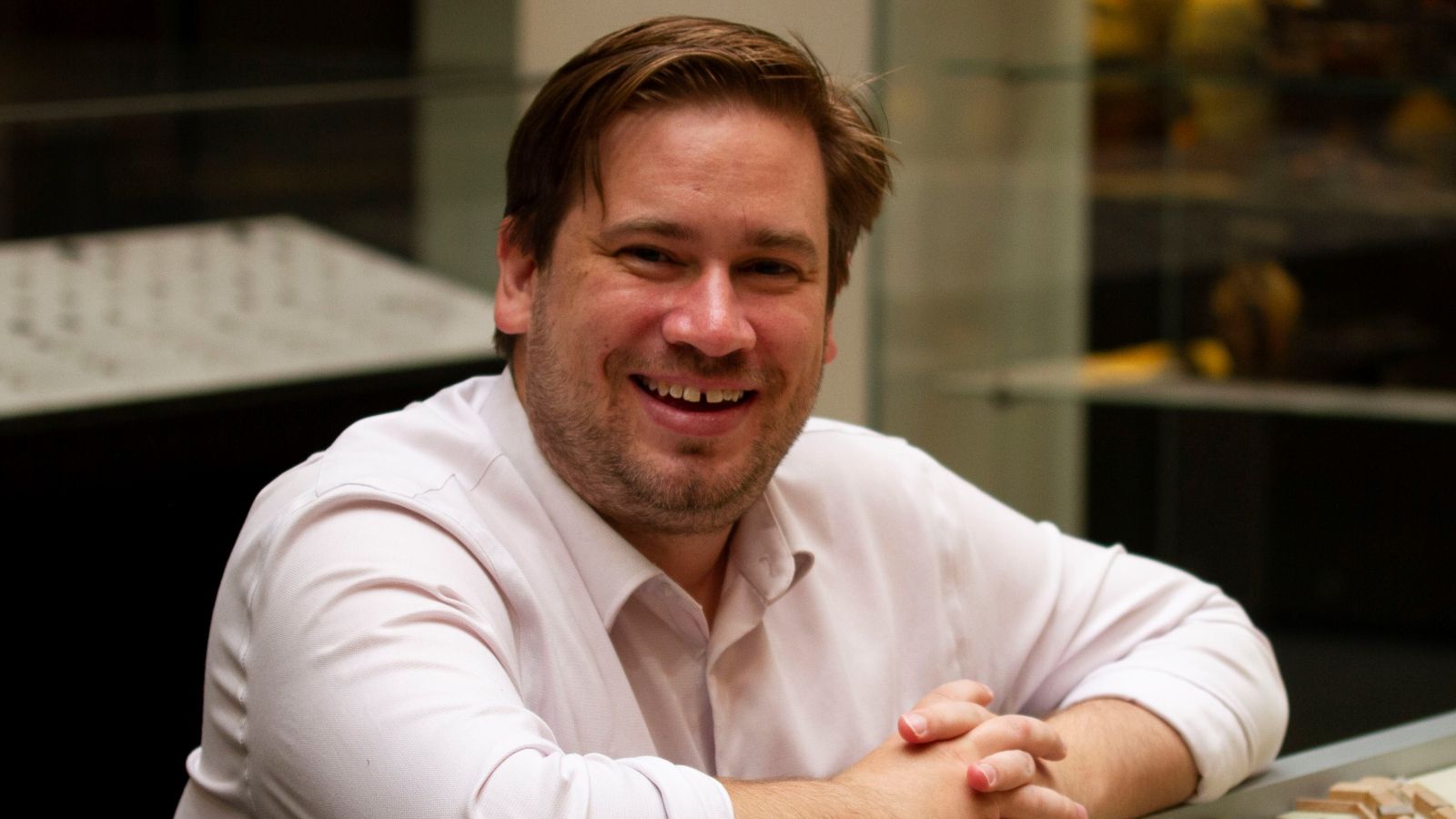CASS researcher awarded over $1M in ARC funding to study why monarchies endure

Associate Professor Caillan Davenport. Photo: Maggie Otto.
Associate Professor Caillan Davenport from the ANU College of Arts and Social Sciences (CASS) has been awarded a Future Fellowship by the Australian Research Council (ARC). Over the next four years, he will receive $1,1 million in funding to investigate the reasons why monarchy prevailed in the ancient Mediterranean world.
Associate Professor Davenport is one of the 100 new Fellows awarded by the ARC as part of the Future Fellowships grant program.
This ARC scheme plays an essential role in supporting mid-career academics to undertake extended research in areas of national and international significance.
Davenport, an Associate Professor of Classics and Head of the Centre for Classical Studies in the ANU School of Languages, Literature and Linguistics (RSHA), has secured $1,163,653 in funding for his project, titled “Why Monarchy Endures. Answers from the Ancient Mediterranean World”.
“I'm thrilled and very honoured to receive a Future Fellowship. It's wonderful recognition of our University’s strength in the field of Classical Studies and demonstrates the enduring importance of Ancient Greece and Rome to understanding contemporary problems," he says.
His research will provide important insights into the creation of monarchies and the strategies monarchs have historically used to win popular support, improving understanding of how to cope with political change in a time of global uncertainty.
“The Athenian democracy and Roman republic were outliers in a world full of monarchies. I will investigate why sole rule remained popular despite the emergence of these participatory constitutions, and how monarchy threatened and undermined more democratic forms of government," says Davenport.
"Many global leaders today seek to rule as autocrats—as monarchs in the past once did—, which is having a negative impact on democratic constitutions. This project will provide Australians with the historical knowledge to understand and challenge these threats."
The College success rate on this highly competitive scheme was 25%, well exceeding the national average of 17%.
ARC Acting Chief Executive Officer, Dr Richard Johnson, said the new projects are “a reflection of the ARC’s commitment to supporting outstanding mid-career researchers to undertake high quality research for the benefit of all Australians.”
A/Professor Davenport's research project is supported by the Australian Government through the Future Fellowships scheme (project FT240100071). The views expressed herein are those of the author and are not necessarily those of the Australian Government or the ARC.